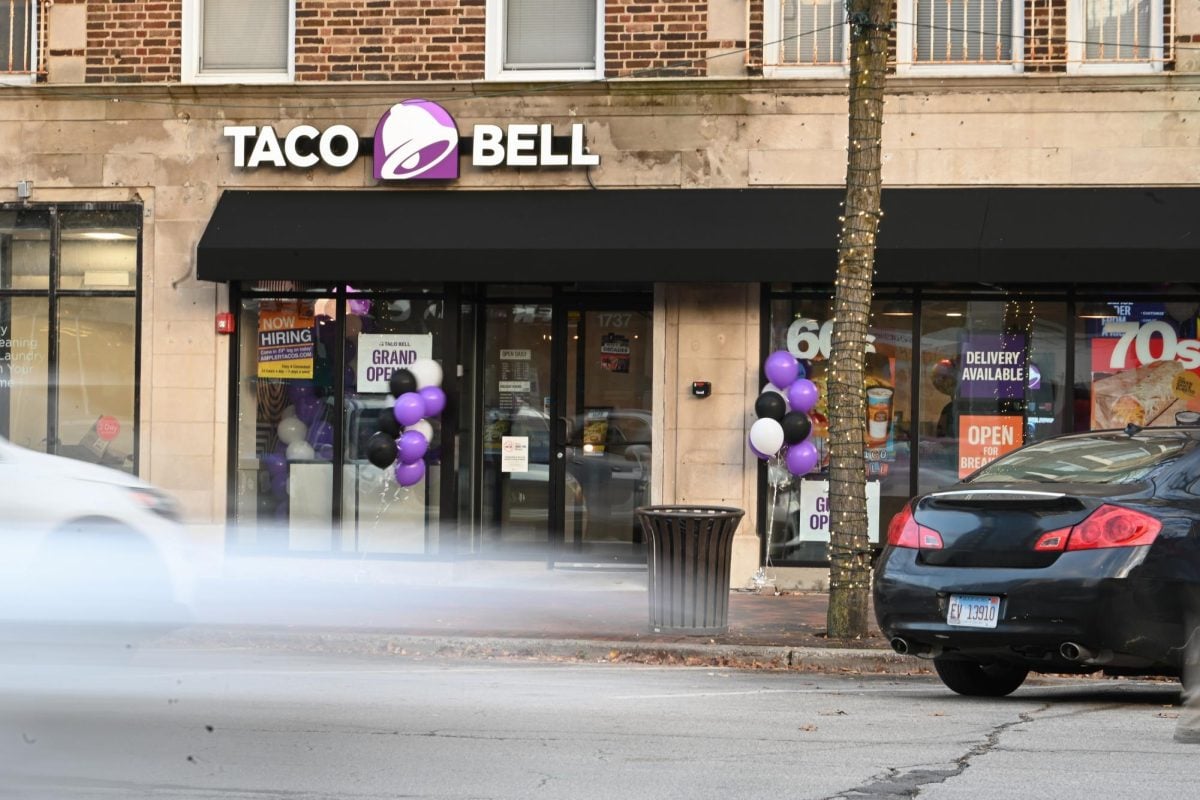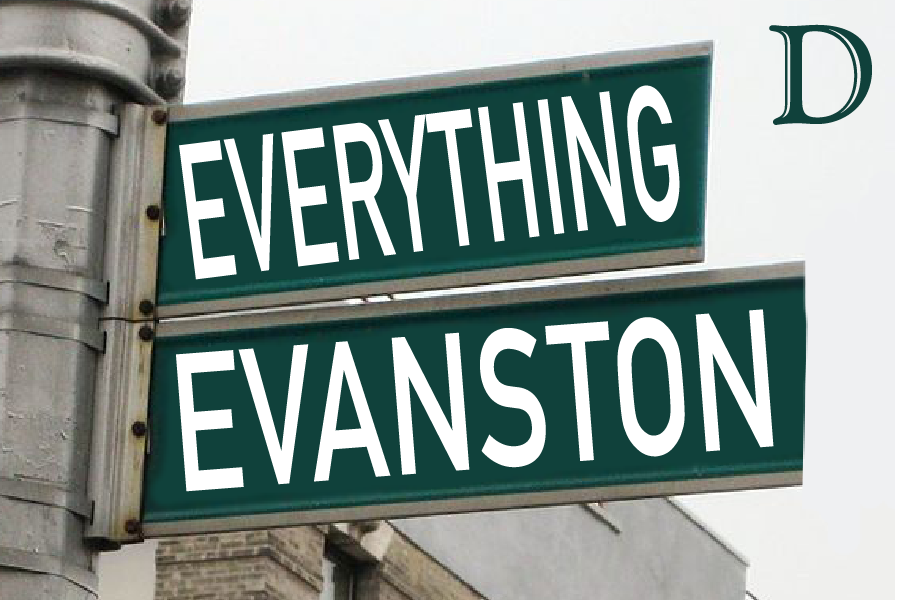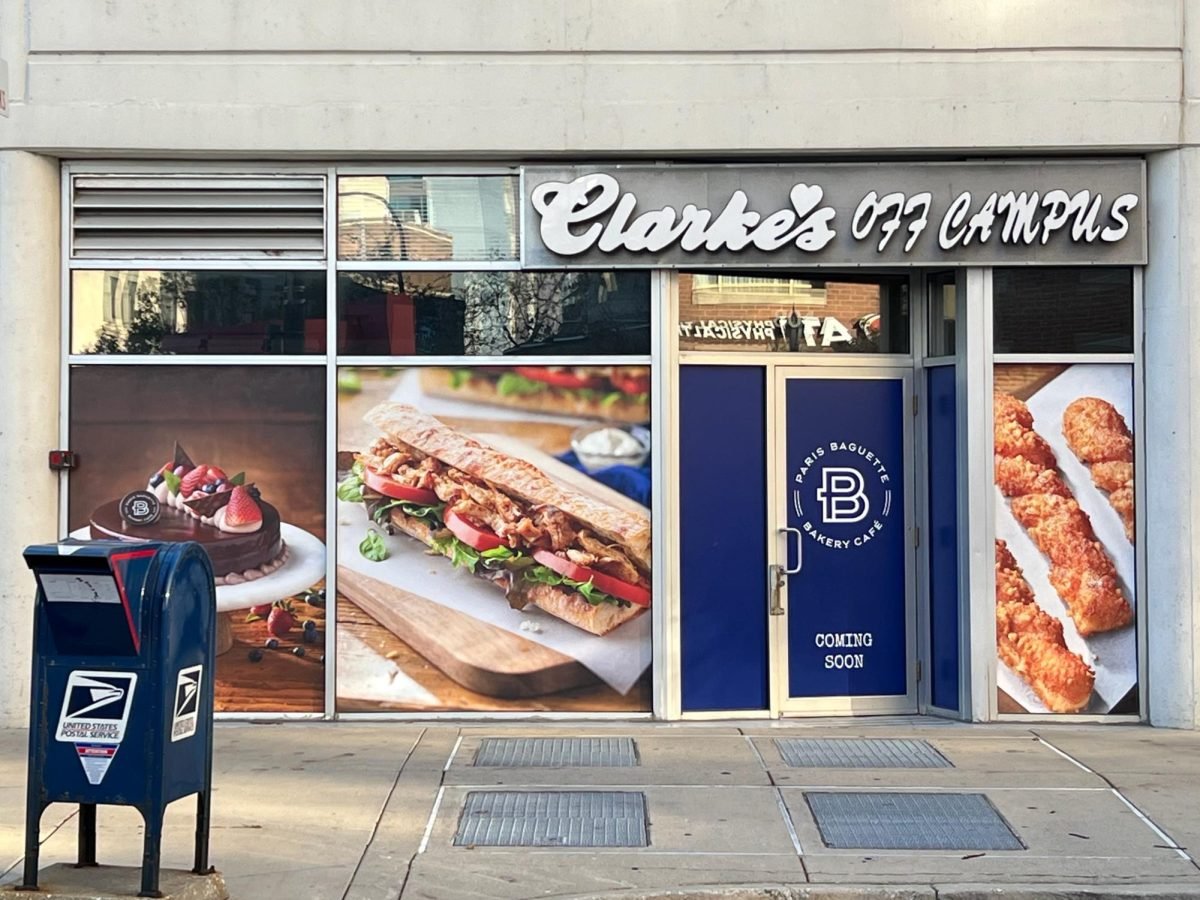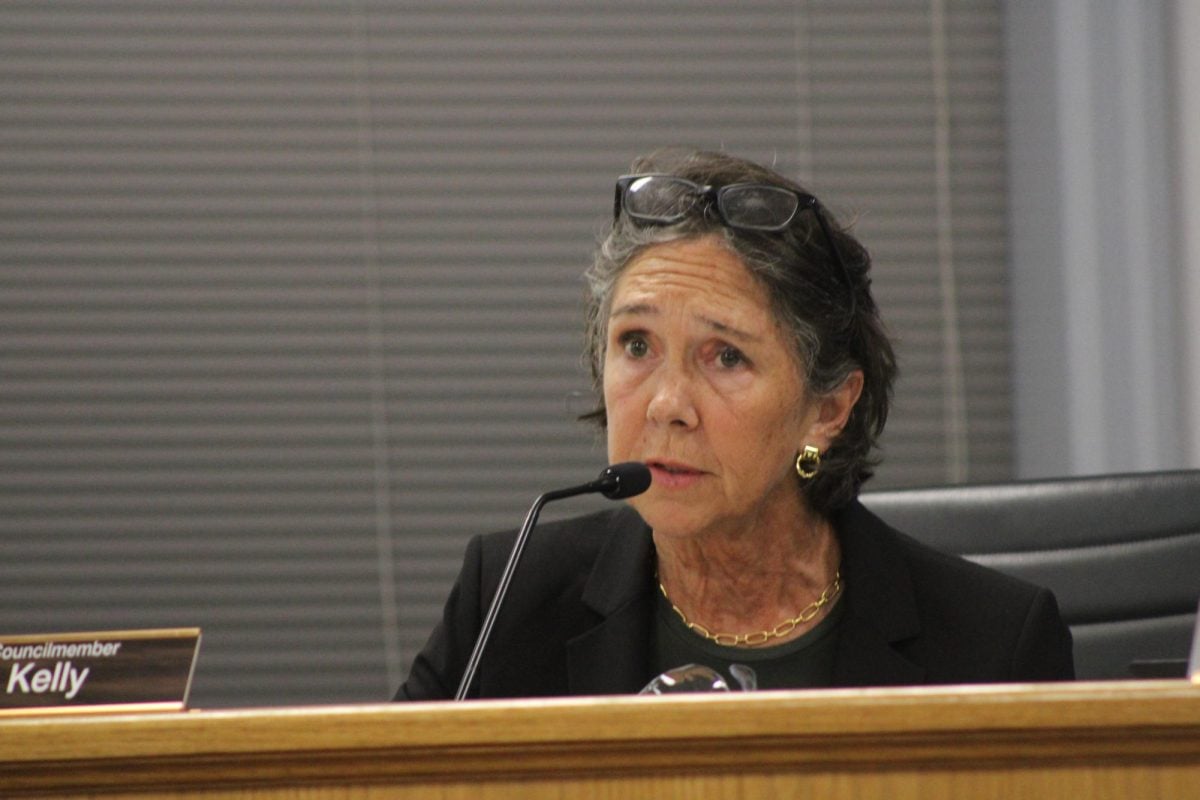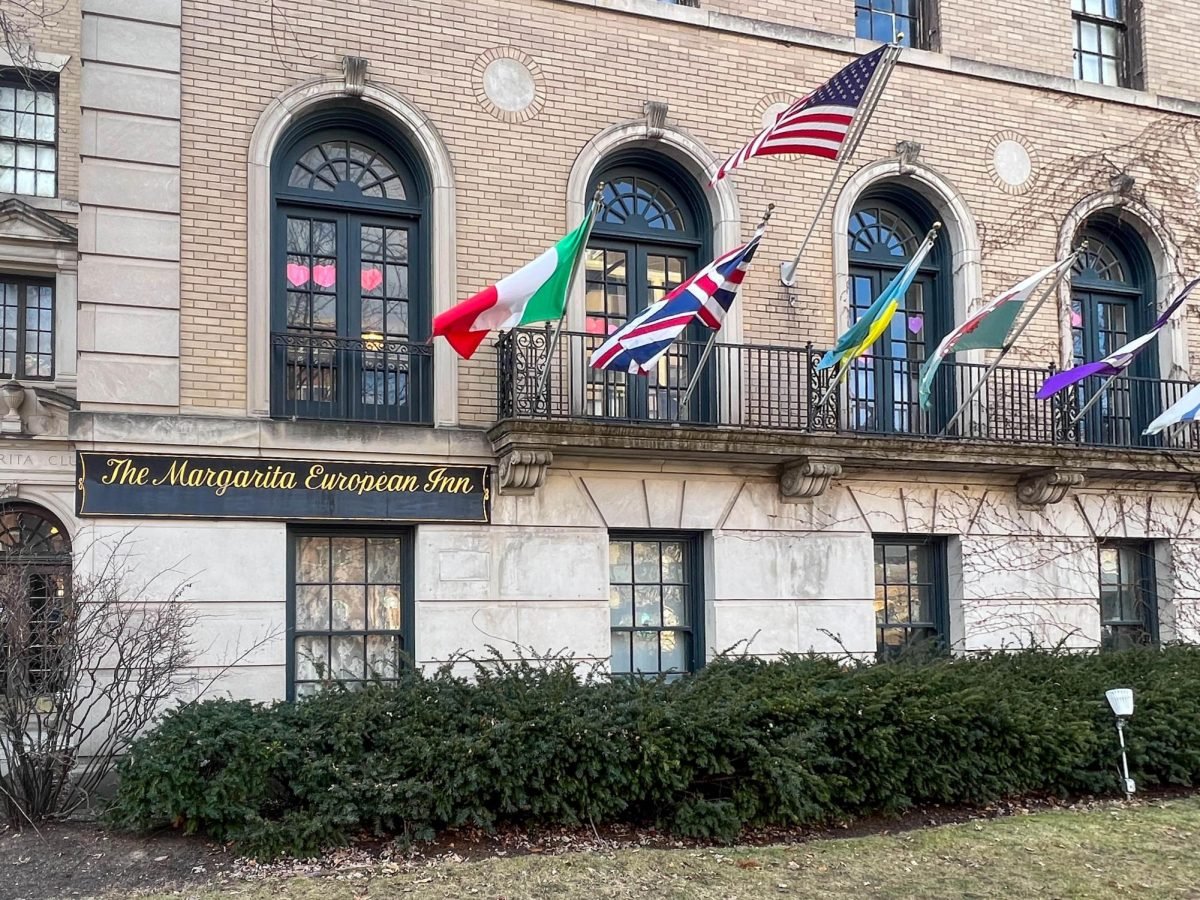City Council approved an amended plan for a high-rise project on Emerson Street and established a special taxing district to revitalize the Chicago/Main area Monday night.
Property owner Robert King and developer Fifield Companies proposed amendments to the high-rise apartment project at the site of two buildings, 1881 Oak Ave. and 1890 Maple Ave. The changes include reducing retail space, increasing the maximum number of units and adding a three-story parking structure.
During council discussion, Evanston Mayor Elizabeth Tisdahl said Northwestern expressed desire for a wet lab near campus to help keep technology development in town, which the two buildings could fulfill. But Ald. Ann Rainey (8th) argued the apartment project will provide much needed property taxes to the city, which NU does not pay.
“When Northwestern starts paying downtown property taxes, they can tell us what to do,” Rainey said.
The construction proposal generated heated discussion during the citizen comment section at the beginning of Monday’s meeting.
Evanston resident Bob Brower spoke against the project, arguing such tall buildings are “out of character with the neighborhood.” Brower also objects to studio units representing the majority of the apartment rooms, which he said would result in a high turnover rate.
Several aldermen raised similar concerns after city staff proposed expanding Emerson Street to four lanes to accomodate the expected increase in traffic. Council members eventually approved the project 7-2 and required further transportation study. Ald. Judy Fiske (1st) and Ald. Melissa Wynne (3rd) voted against the proposal.
The council also approved establishing the Chicago/Main tax-increment finance district. The city plans to fund office building construction and infrastructure development in the area with the TIF district revenue. The TIF district’s approval comes after Illinois Gov. Pat Quinn announced the state’s $1 million grant to the city for ultra high-speed internet.
City manager Wally Bobkiewicz said this new taxing district will add jobs and bolster existing area businesses.
“All the things that represent the future of Evanston are included in this TIF,” Bobkiewicz said.
Bobkiewicz also stressed the TIF district’s approval does not amount to green-lighting any redevelopment project proposed by the private sector. The city is currently negotiating with developer OMS Evanston LLC. on constructing an office building, he said.
Calling the proposal financially unsound, Ald. Coleen Burrus (9th) disagreed with the determination that the Chicago/Main area is an economically “blighted” area, one of the requirements for a TIF district.
Wynne, however, called the project a “transformational moment” for the city. She argued the area has suffered infrastructure problems in the past and needs an economic boost.
“This is our opportunity to create jobs and put them right at that corner,” Wynne said.
The TIF district passed on a 7-2 vote, with Burrus and Ald. Donald Wilson (4th) voting against the special taxing district.
Evanston resident Betty Hayford, who observed the meeting on behalf of the League of Women Voters, said she supports the two economic development projects, but Burrus’ comments impressed her.
“There’s a lot of muddled thinking about how economic development should be managed,” Hayford said.


